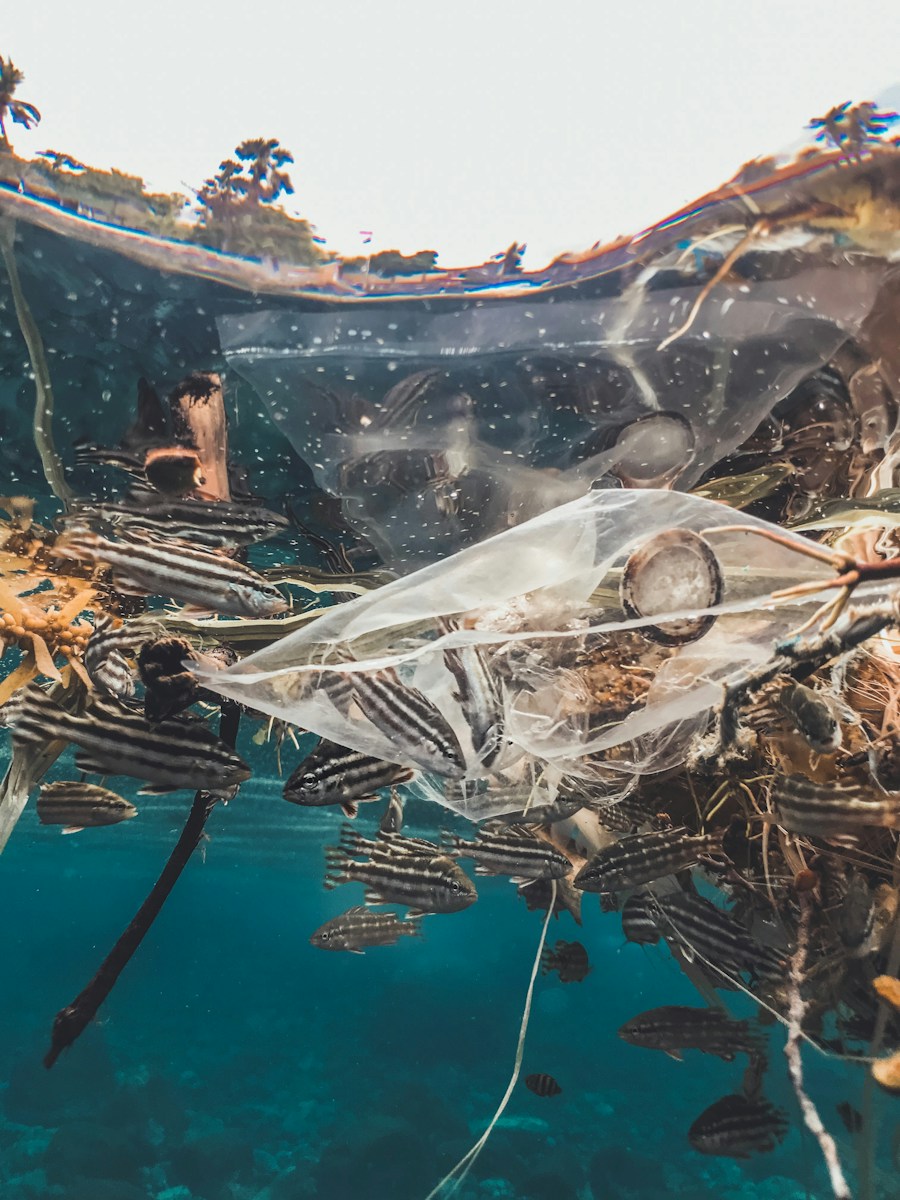Quick question: what policies should we prioritise to tackle plastic pollution?
As the World Economic Forum’s Annual Meeting continues in Davos, Switzerland, bringing together political and enterprise leaders, Raffi Schieir, Director of Prevented Ocean Plastic, explains what attendees should focus on to support his organisation.
What technologies should be scaled to deal with the plastic pollution crisis?
‘Persistent low cost of virgin plastic has decreased the urgency for the UK’s plastic recycling infrastructure to be appropriately expanded. If less than 10% of recovered plastic is being incorporated into the circular economy and we don’t have the infrastructure at home or abroad to handle these materials efficiently, recycling isn’t going to be successful.
‘Recycling technologies are already available but require demand and scaling at speed to have an impact. To help push change forward and fulfil their 2025 commitments, businesses and authorities worldwide must prioritise the circular economy and choose to use the recycled materials that already exist in this world.’
Does the UK’s Plastic Packaging Tax go far enough?
‘I welcome legislation like the Plastic Packaging Tax as an incentive for organisations to make more sustainable choices when it comes to packaging. But businesses still find it more cost-effective and convenient to pay the tax and purchase 100% virgin plastic rather than going with a recycled substitute.
‘The government is planning to consult on whether chemically recycled plastics might be applied towards the 30% of recycled material needed to avoid the tax as part of its overhaul of the Plastic Packaging Tax. However, this runs the risk of weakening and detracting from the tax’s primary objective, which is to collect plastic waste that already exists.
‘For a circular economy to function, existing plastic must be utilised. The supply is more than sufficient. Our main goal has to be increasing demand for recycled plastic, thereby the Plastic Packaging Tax needs to be doubled to change company behaviour.’

How hopeful are you that the Global Plastic Treaty agreement will be met by late-December?
‘2024 is the year the highly anticipated and legally binding UN Plastic Treaty will be finalised. The plastic crisis cannot wait. However, policymakers and leaders must also focus on creating as robust a treaty as possible to engender real change in the plastic and petrochemical industry.
‘Policymakers need to centre the agreement on proper collection and sortation standards and infrastructure to ensure a just transition accounts for, and properly treats, the informal workers on the frontline of the plastic pollution crisis. We need companies, brands and governments to provide genuine support for recycling and responsibility for their virgin plastic production through Extended Producer Responsibility.
‘Rushing the agreement through risks undermining the impact and change it was proposed to ensure. If a robust treaty can be done on a quick timeline, that is great. But, if policymakers and leaders need a little extra time to ensure the treaty is as impactful and considerate of all parties in the plastic industry, then so be it.’
Why should governments support a viable circular economy and incentivise businesses to do the same?
‘In our current economic climate, many businesses are showing no signs of reducing their dependence on new plastic. In part, consumer action matters. We can all make better choices by choosing products in recycled packaging to ensure recycling has actually happened.
‘This increased demand for more environmentally sustainable packaging would stimulate supply and drive the recycled plastic market forward. However, the enormity of the crisis in which we’re mired and the short timeframes in which we must act mean that to close the loop, we will need ambitious government intervention to drive transformation.
‘For example, we need a greater push by governments on Extended Producer Responsibility to ensure corporations account for the plastic they put into the world and are incentivised to prioritise recycled materials for a fraction of a penny more. Consumers impact demand but governments have it in their power to stimulate demand on an enormous scale to incentivise collection and ensure that all plastic has a second life rather than ending up in the ocean, landfill, or being burned. The time for action is now.’
More on plastic pollution:
https://environmentjournal.online/headlines/plastic-pollution-interceptor-testing-restarts-following-flood-damage/
https://environmentjournal.online/headlines/you-are-what-you-drink-250000-plastic-particles-in-bottled-water/
https://environmentjournal.online/features-opinion/recycling-strategies-2024/
Images: Naja Bertolt Jensen
















